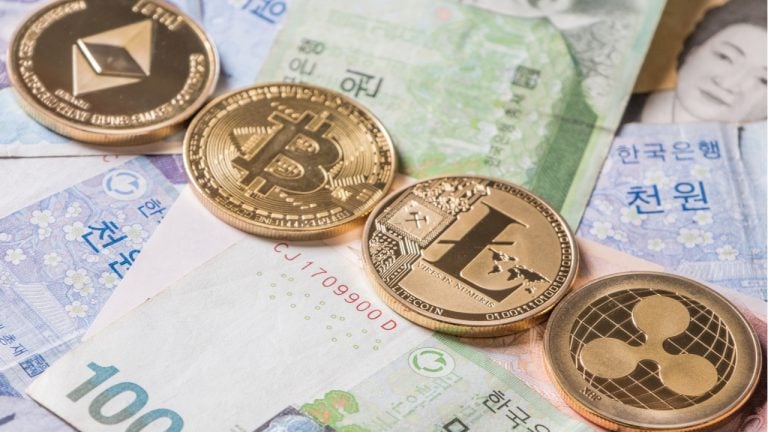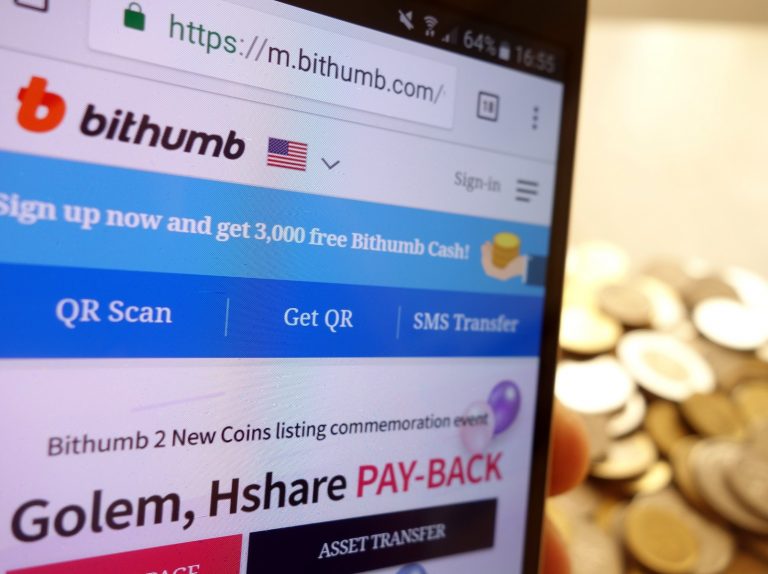
2024-11-18 17:13 |
South Korean city of Paju plans to seize and sell cryptocurrency holdings from residents who owe unpaid taxes, aiming to recover millions in dues.
On Nov. 18, Paju city officials issued notices to 17 taxpayers who had not cleared their debts.
Authorities warned that their cryptocurrency assets held on exchanges would be confiscated and liquidated if payments were not made by the end of the month.
According to local media reports, officials noted the move as part of ongoing efforts to clamp down on tax evasion and recover outstanding amounts.
In total, the individuals in question owe 124 million Korean won, worth approximately $88,600.
This action follows similar measures taken earlier in the year.
On July 29, Paju authorities seized cryptocurrency assets worth 100 million won (around $72,000) from late taxpayers, a measure that officials claim was necessary because citizens were converting funds into digital assets to deliberately evade tax obligations.
Authorities described this practice as an attempt to exploit the relative anonymity and decentralization of cryptocurrencies to avoid paying taxes even while having the means to pay the tax due.
Regarding the recent warning, an official said:
This is a clear message to taxpayers that they cannot hide their assets, and we will track down their assets to the end and enforce penalties.
According to the report, the nation has seen an uptick in individuals converting their fiat holdings to crypto to avoid debt collection.
Efforts to address these challenges align with South Korea’s broader initiatives to incorporate blockchain technology into its tax and financial systems.
Recently, NongHyup Bank (NH Bank) partnered with Fireblocks, a digital asset platform, to tokenize refunds for value-added tax (VAT) and goods and services tax (GST) on retail purchases.
Keeping the crypto sector in checkIn addition to enhancing its tax framework, South Korea has intensified its crackdown on crypto-related non-compliance.
As previously reported by Invezz, the Financial Intelligence Unit (FIU) recently launched an investigation into Upbit, one of the country’s largest cryptocurrency exchanges.
The probe identified 500,000 to 600,000 potential Know Your Customer (KYC) violations, including cases where account holders used incomplete or blurred identification details.
Such breaches may result in penalties of 100 million Korean won ($71,500) per infraction.
Earlier this year, South Korea introduced the Virtual Asset User Protection Act, mandating crypto businesses and exchanges to rigorously evaluate listed cryptocurrencies based on criteria such as regulatory compliance, security protocols, and investor protection measures.
Tokens with a history of security issues or those issued by exchanges are at risk of being delisted, while smart contract codes must be disclosed and meet strict operational standards.
Further oversight extends to routine inspections by the Financial Supervisory Service (FSS), which monitors compliance with these regulations.
These inspections aim to ensure transparency and safeguard investor interests across the cryptocurrency industry.
South Korean law enforcement has also placed its crosshairs on crypto-related fraud. Earlier this month, police in Gyeonggi Province arrested 215 individuals linked to a massive quasi-investment scheme.
The operation, led by a prominent YouTuber, defrauded over 15,000 victims of 325.6 billion won ($230 million).
The perpetrators promoted 28 cryptocurrencies, enticing investors with promises of high returns, which ultimately did not materialize.
The post South Korean city of Paju to sell seized crypto assets from tax evaders to recover unpaid dues appeared first on Invezz
origin »Emerald Crypto (EMD) на Currencies.ru
|
|

















